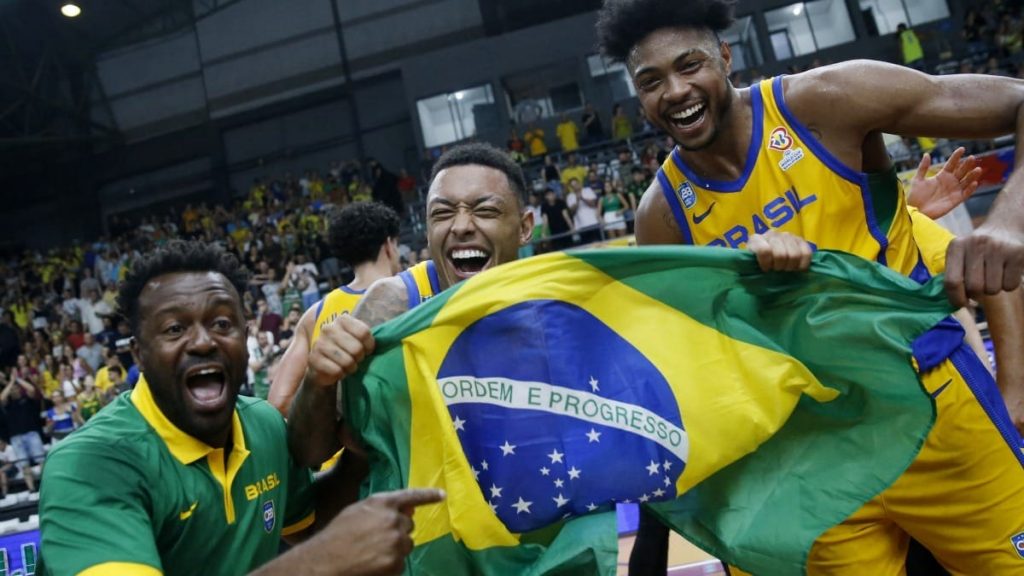Author: Serg Atrakhov
The stage is set for a thrilling clash of basketball titans as the FIBA Basketball World Cup 2023 prepares to begin on August 25 and run until September 10 in Japan, Indonesia and the Philippines. A spectacular show awaits, with the world’s leading basketball nations competing for dominance on the court. The Brazilian national team, among the best teams in the world, has the title of champion.
Dates of Brazil’s matches in Group G
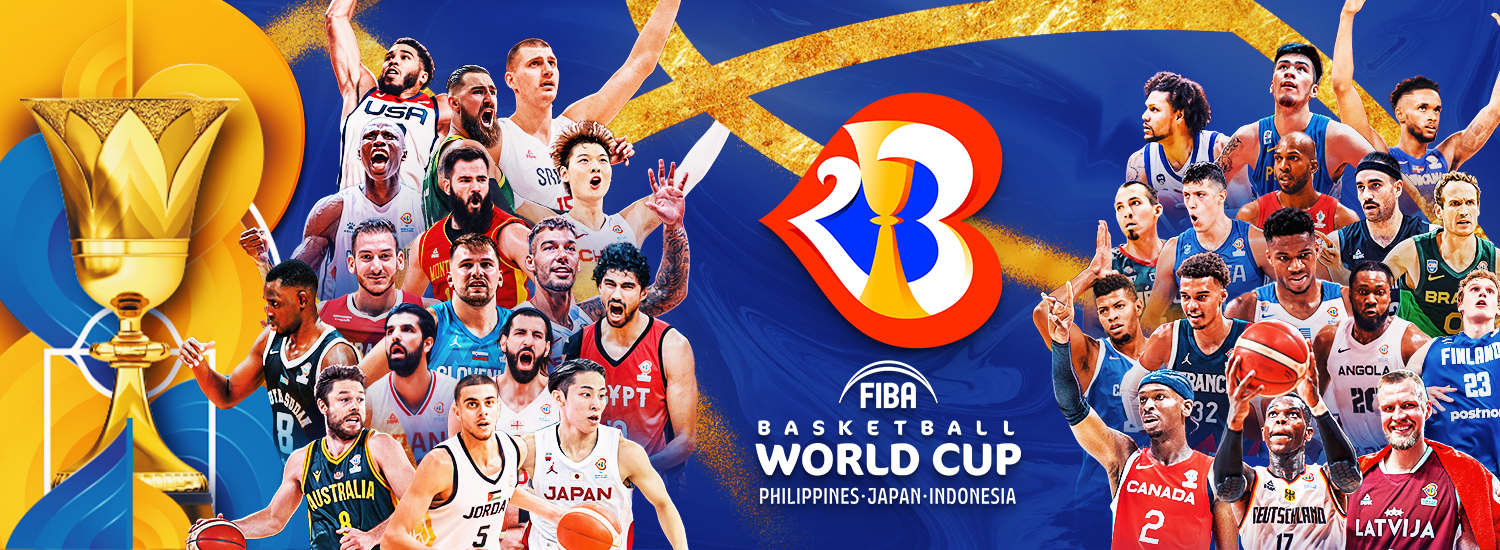
The Brazilian national team, ranked 13th by FIBA, will play in Group G. Also part of this quartet: Iran (22nd place), Ivory Coast (42nd place) and the reigning world and European champions, the leaders of the standings – Spain.
- 26/08: Brazil vs. Islamic Republic of Iran – 6:45 a.m.
- 28/08: Brazil vs. Spain – 10:30 a.m.
- 30/08: Brazil v Ivory Coast – 6:45 a.m.
Brazil’s aspirations and group dynamics
Brazil has participated in 18 editions of the FIBA Basketball World Championship since 1950. His exceptional record includes two championship wins in 1959 and 1963 (exactly 60 years ago). Brazil hopes to win the 2023 World Cup with a combination of experienced players and promising youngsters. Gustavo Conti, coach of the national team, included 12 players in the final squad.
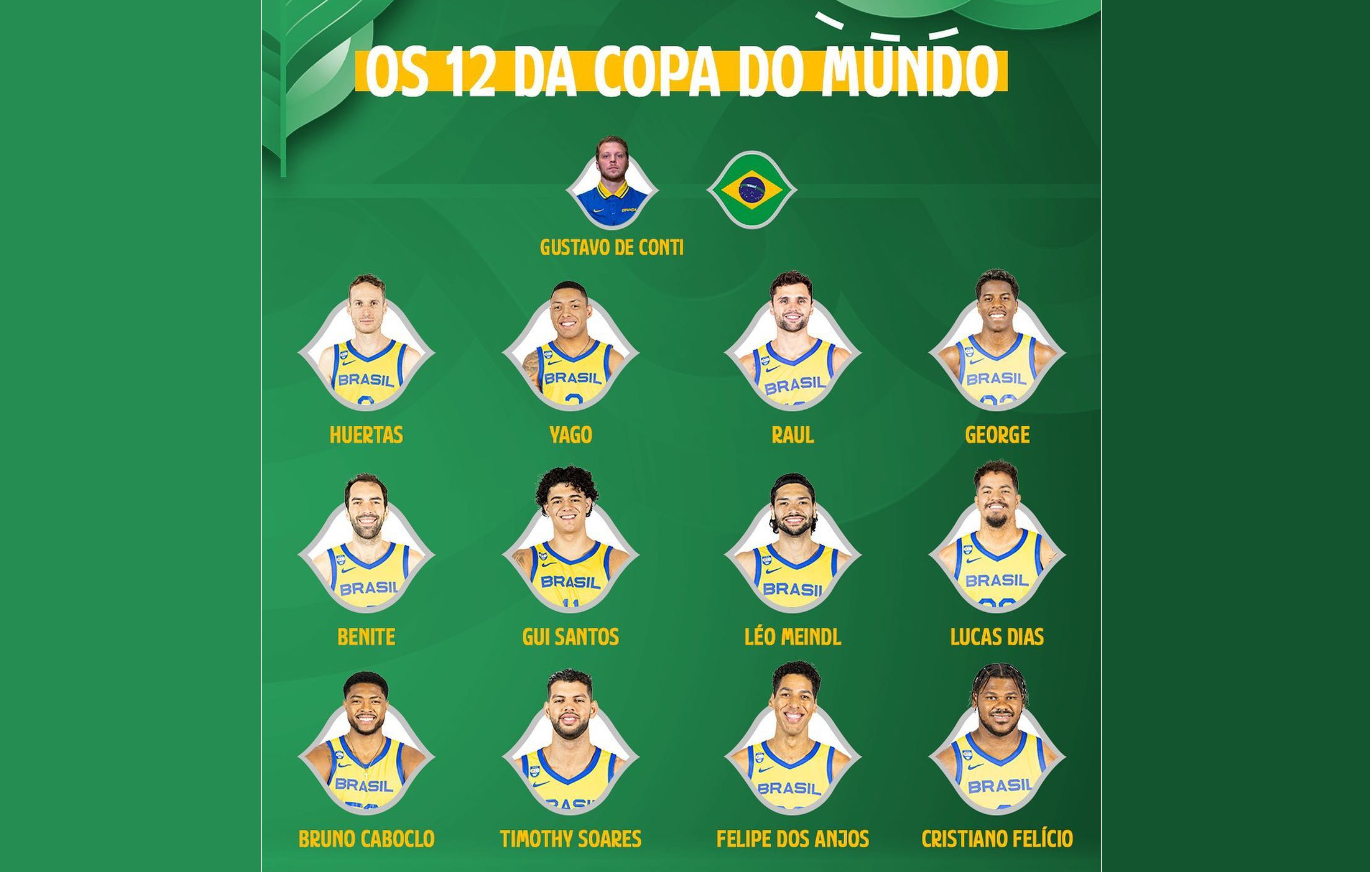
Marcelo Huertas (Tenerife-ESP), Iago Mateus (Estrela Vermelha-SRB), Raul Neto (Cleveland Cavaliers-USA), George de Paula, Vitor Benite (Gran Canaria-ESP), Guilherme Santos (Golden State Warriors-USA), Leonardo Meindl (Tokyo-Japan), Lucas Diaz, Bruno Caboclo (Venice-ITA), Tim Soares (Nagoya-Japan), Felipe dos Anjos (Andorra-ESP), Cristiano Felício (Granada-ESP).
Preparing for the tournament

- Brazil played 5 friendly matches (3 wins and 2 losses): Brazil – South Sudan 85-75, Australia – Brazil 86-90, Venezuela – Brazil 71-83, Italy – Brazil 93-87, Serbia – Brazil 89-85.
- Spain played 5 friendlies in August (3 wins and 2 losses): Spain – Venezuela – 87:57, Spain – Slovenia – 99:79, Spain – USA – 88:98, Spain – Canada – 80:85 (after OT), Spain – Dominican Republic – 86:77.
- Côte d’Ivoire reached the FIBA AfroCan final in July, when they lost 76-78 to Morocco. After that, he played in five friendlies (3 wins and 2 losses): Portugal – Ivory Coast – 68:79, Ivory Coast – Czech Republic – 97:81, Ivory Coast – Jordan – 71:74, Lebanon – Ivory Coast – 67:77, Philippines – Ivory Coast – 85:62.
- O Iran played 7 friendly matches in August (3 wins and 4 losses): Russia – Iran – 72:59, Russia – Iran – 71:57, Iran – Montenegro – 66:81, Iran – Jordan – 81:73, Iran – Jordan – 81:73, South Sudan – Iran – 77:71, Venezuela – Iran – 87:89 (after extra time).
Broadcast partnerships elevate the viewing experience
Gui for the win???? #FIBAWC x #WinForBrasil pic.twitter.com/G9s3QvvHWP
– FIBA Basketball World Cup 2023 ? (@FIBAWC) August 23, 2023
ESPN has exclusive rights to broadcast the tournament matches live, allowing viewers to witness all the excitement. In addition, Camisa 23, a well-known basketball platform affiliated with Esportudo, is FIBA’s official media partner in Brazil. This collaboration allows them to share highlights, statistics, official photos and images, enhancing the basketball experience for fans.
As the FIBA Basketball World Cup 2023 approaches, excitement and anticipation are growing, heralding a captivating display of skill, collaboration and determination on the world stage.
World Cup debutants and titled teams that did not qualify for the tournament 2023
For the first time in their history, teams from Latvia, South Sudan, Cape Verde and Georgia made it to the World Cup. At the same time, eminent teams such as Russia 14th place in the FIBA ranking on August, 12 2021 (silver medalist in 1994, 1998), Turkey 21st place (silver in 2010), Croatia 25th place (bronze in 1994) and even the first world champion – Argentina 4th place in the ranking. The South Americans won in 1950 and won silver in 2002 and four years ago.
The first favorites and contenders emerge
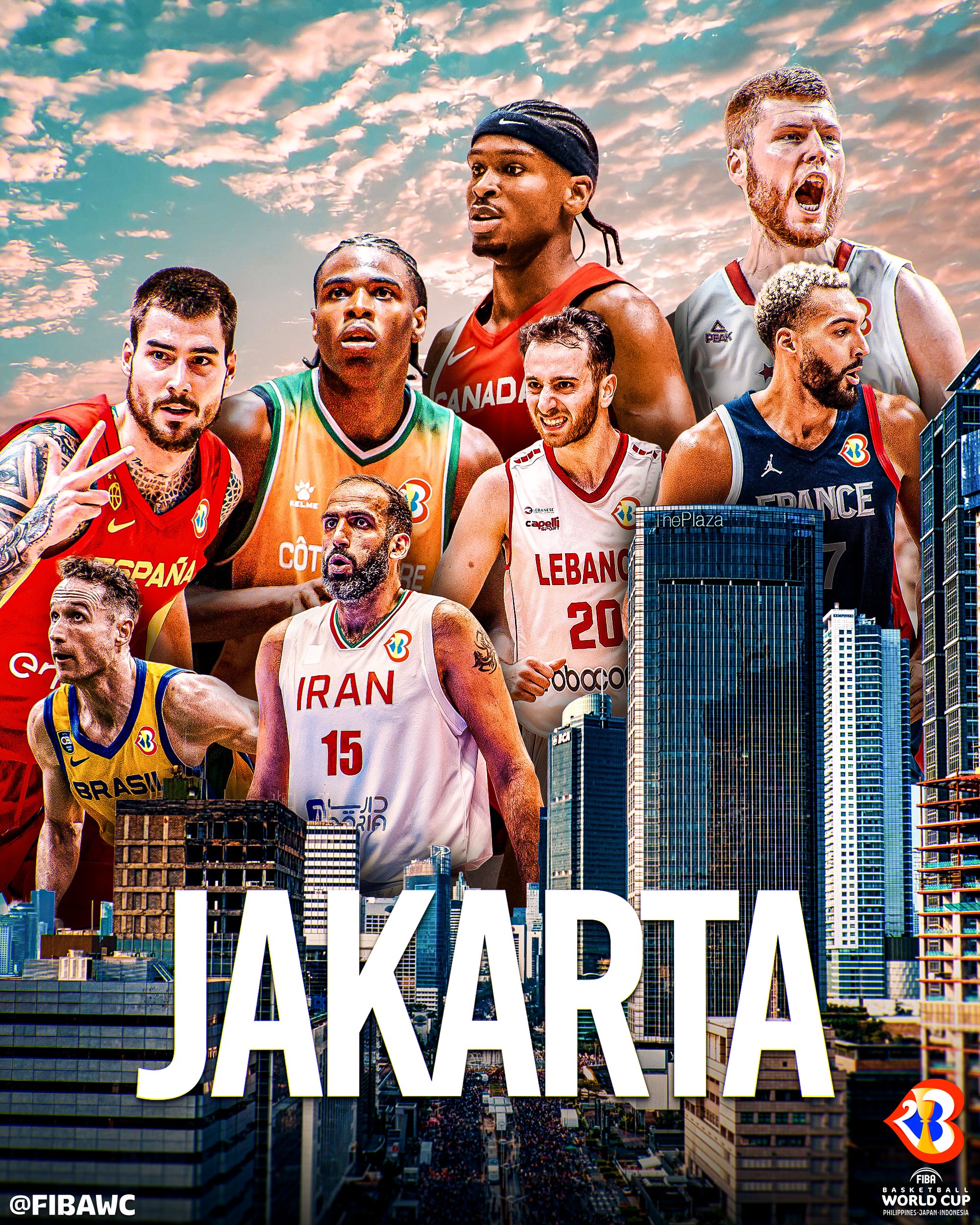
As the excitement builds, all eyes turn to the favorites, and the United States take the lead. Team USA is the clear favorite, with odds of -118 at BetMGM, having won five of the last 18 FIBA World Cup championships. However, the road to victory won’t be straightforward, as other strong contenders such as Spain, Australia, France and Serbia are not far behind. Last season’s champions, Spain are preparing to defend their championship with zeal, which puts them among the front-runners. Meanwhile, the United States are trying to redeem themselves after finishing eighth in the 2019 edition. As the two countries compete for glory, interest in their performance and possible matches grows.
Interesting facts from the history of the FIBA Basketball World Championship
- The Grand Count: This renowned competition has been on the world stage 19 times, from 1950 to 2019. The first FIBA World Championship was held in Argentina, beginning a path of global excellence in basketball.
- Youth debut: Argentinian Luis Scola, at 17, became the youngest player in the tournament in 2002.
Historical medal count and championship record
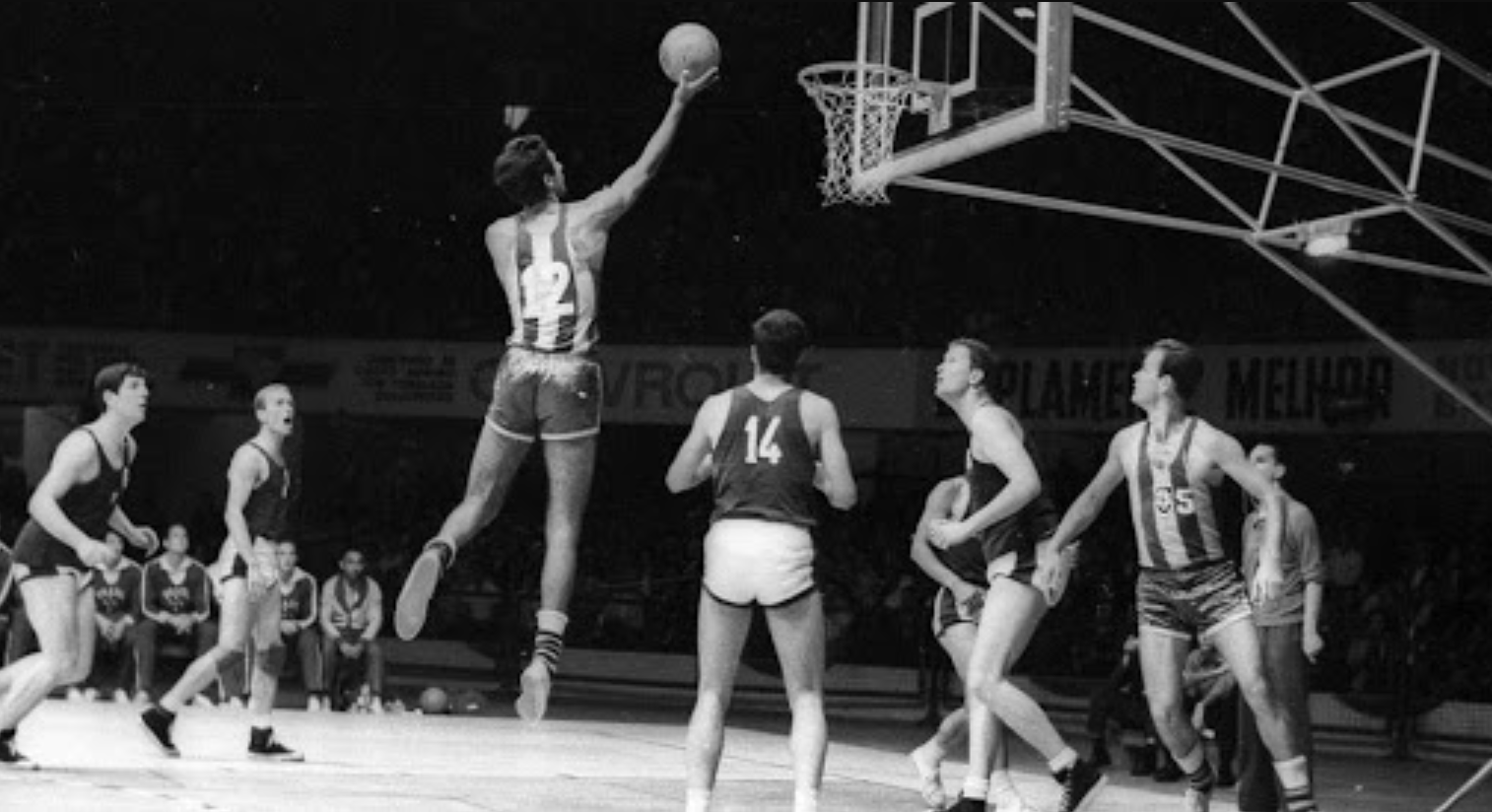
The FIBA World Championship has shown the dominance of many nations throughout its illustrious history. The United States and Yugoslavia/Serbia are tied with the most championships, each with five. The Soviet Union follows close behind with three titles, while Brazil and Spain have two. Argentina completes the list with just one championship title. The most recent winner of the 2019 event was Spain.
Tournament evolution: Format changes
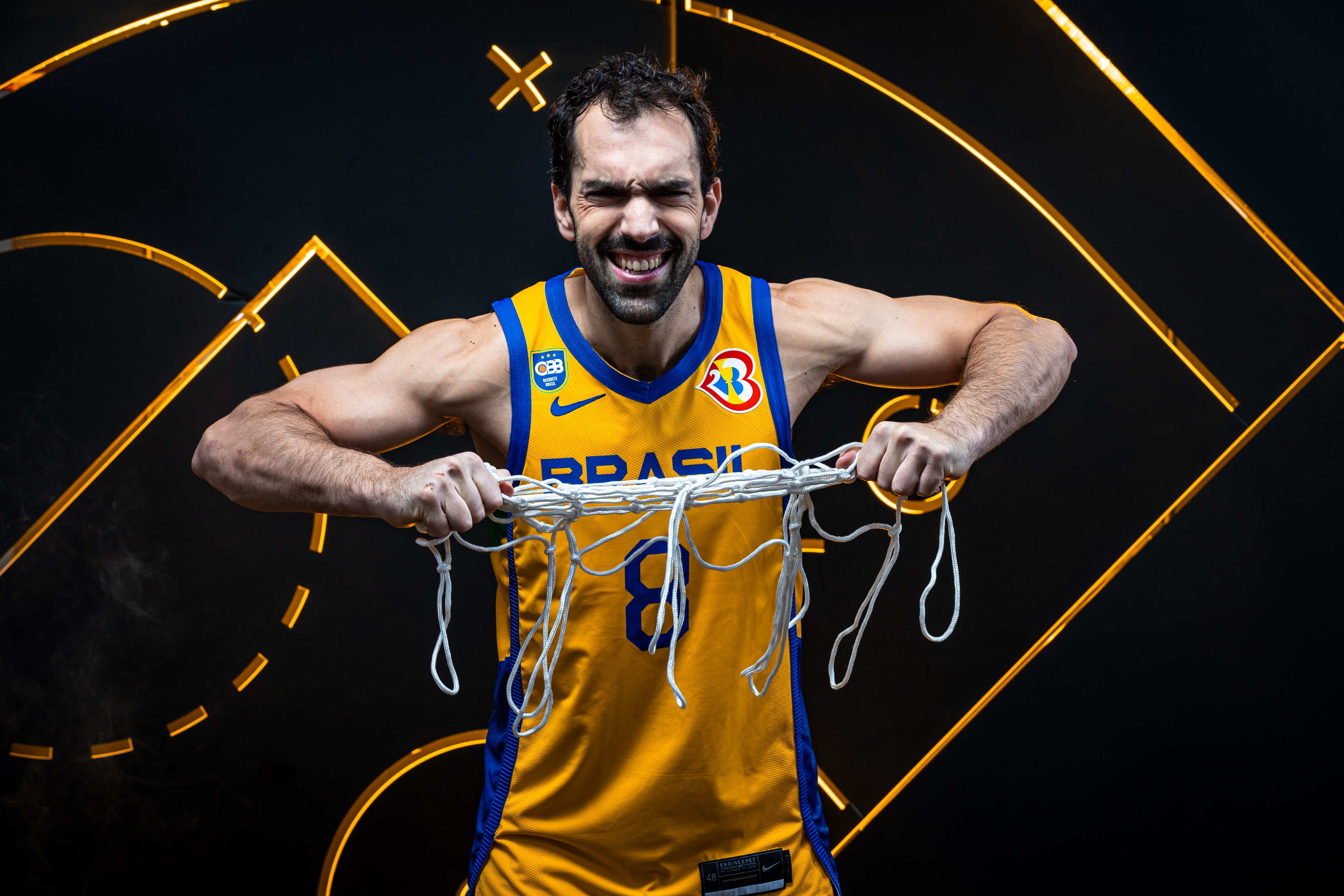
The structure of the FIBA World Championship has changed over the years. The number of teams has increased from 24 to 32 for the 2019 edition, and the first round has been changed from four groups of six to eight groups of four. The second round changed from a single-elimination format to a round-robin format. In addition, the quarter-finals were changed to a best-of-three series, which added an extra element of intensity to the tournament.
The tournament’s current format has 32 strong teams organized into eight groups of four, resulting in fierce rivalry. The two best teams in each group advance to the knockout phase after fierce competition in the group stage. The 16 best teams will play in the second group stage in 4 groups. The top 8 will advance to the final phase of the playoffs.
COMPOSITION OF THE GROUP
Group A. Venue – Manila
- Angola (41st place in the FIBA ranking)
- Dominican Republic (23)
- Philippines (40)
- Italy (10)
Group B. Venue – Manila
- South Sudan (62)
- Serbia (6)
- China (27)
- Puerto Rico (20)
Group C. Venue – Manila
- USA (2)
- Jordan (33)
- Greece (9)
- New Zealand (26)
Group D. Location – Manila
- Egypt (55)
- Mexico (31)
- Montenegro (18)
- Lithuania (8)
Group E. Venue – Okinawa
- Germany (11)
- Finland (24)
- Australia (3)
- Japan (36)
Group F. Venue – Okinawa
- Slovenia (7)
- Cape Verde (64)
- Georgia (32)
- Venezuela (17)
Group G. Venue – Jakarta
- Iran (22)
- Spain (1)
- Ivory Coast (42)
- BRAZIL (13)
Group H. Venue – Jakarta
- Canada (15)
- Latvia (29)
- Lebanon (43)
- France (5)


